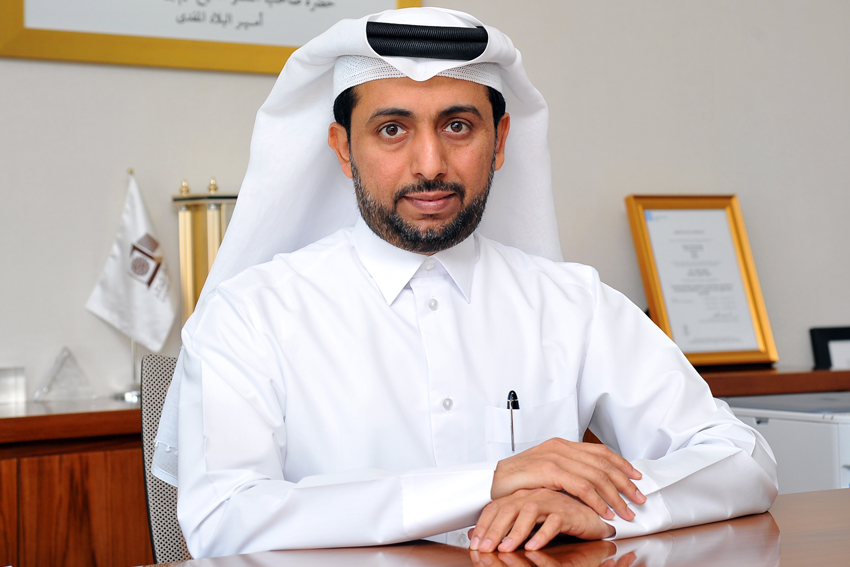President of Qatar University Dr Hassan Al-Derham shares his evaluation of Qatar’s ambitious development, the importance of academia working with government, industry and society, and how he sees the future of education in the country.

What is your evaluation of Qatar’s achievement of most of the UN’s Millennium Development Goals (MDGs) and how is it positioning for the 2030 Agenda for Sustainable Development?
It is quite well known that Qatar achieved the vast majority of the UN’s Millennium Development Goals well ahead of the 2015 target. The achievements in the areas of health and education are especially notable, both in terms of coverage and in terms of quality. Of course, development is a continuous process, and there is always room for further progress, which makes the monitoring framework such a valuable part of the MDG and Sustainable Development processes. As assessments have shown, there is room for further progress in areas including women’s participation in the community and CO2 emissions.
Some of the MDGs and additional goals are carried forward in the comprehensive and ambitious Sustainable Development Goals, to which Qatar has committed. The nature of our economy, which has been largely hydrocarbon based, and the scarcity of water in our region are obvious areas for us to work on, and Qatar has already placed those issues at the center of its National Vision 2030 and National Development Strategy. The transformation to a knowledge-based economy has been one of our clear strategies to achieve the Sustainable Development agenda goals, along with efforts in education, health, ICT infrastructure, effective institutions, and others.
What are the achievements and challenges still remaining of the National Development Strategy (NDS) 2011–2016 and the role of education?
Evaluating the NDS 2011-2016 is a collective national exercise that includes all sectors and institutions of society, and not just the national university. At the same time, I would emphasize the critical role of universities as partners in furthering progress towards MDGs, whether through quality teaching which focuses on key skills necessary for this globalized world, or innovative research that fuels entrepreneurship and developments in all aspects.
Academia is also an important resource for conducting research that helps the government understand its successes and challenges and assess its progress towards achieving the goals to which it has committed.
How important is the establishment of six of the most prestigious American universities in Doha’s Education City to achieving the goal of a knowledge-based economy?
Undoubtedly, the branch campuses of Education City have been a valuable addition to the higher education landscape. They have brought the long experiences and areas of expertise of their home campuses in areas that were previously underdeveloped in the country.
Education City campuses have contributed, not only to expanding choices in higher education, but also to high quality research, community development, and national capacity building.
We are constantly seeking ways to further our partnership with Education City universities, and I believe we strengthen each other through complementarity and healthy competition.
What is the importance the Qatar Foundation and initiatives such as World Innovation Summit for Education (WISE) to boost international cooperation on education?
The WISE summit has really helped put Qatar on the map in terms of supporting education and celebrating excellence worldwide. Qatar contributes to some of the most important initiatives helping to bring education to some of the most underprivileged populations. What is particularly special about WISE is its relentless search for innovative ideas in education, and the truly original thinking needed for solving obstinate problems by identifying, highlighting, rewarding and supporting educators all over the world and connecting them with their colleagues for invaluable exchange of experiences and expertise. This type of knowledge and experience sharing cuts time and cost towards achieving goals.
What are the future goals for the education sector in Qatar?
The national university is part of a larger constellation of education providers in the country that is engaged in continuous national dialogue to assess our challenges and aspirations. We are firmly guided by the QNV 2030 and by the NDS. Strategies may change but the goals are always high quality education that equips students with necessary skills in a globalized world, and for education that is relevant to the goals of society and responsive to its needs and challenges. After all, the education sector is not isolated. It is part of its societal context interacting with labor market trends, social concerns, cultural trends, etc.
0 COMMENTS